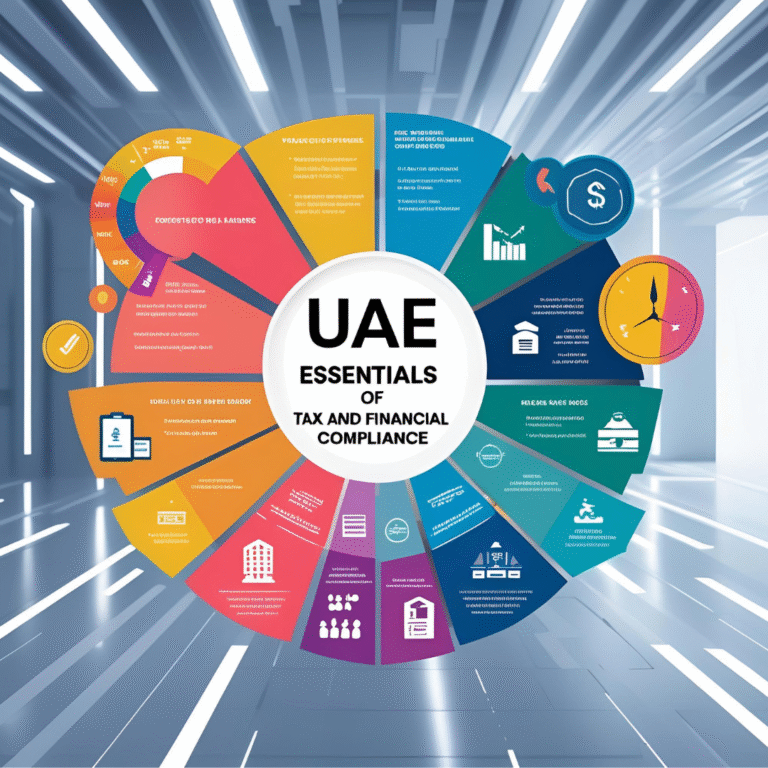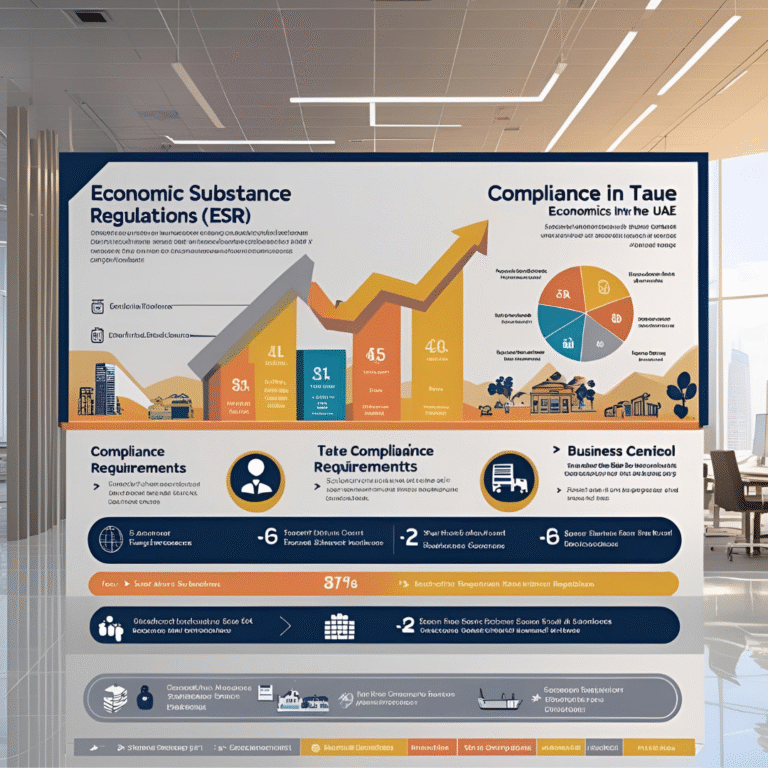Tax Residency and Substance Regulations: How to Safeguard Your UAE Entity

Introduction:
As the UAE strengthens its global tax reputation, Tax Residency and Economic Substance Regulations (ESR) have become mandatory pillars of corporate governance. Complying with these standards allows businesses to benefit from Double Taxation Avoidance Agreements (DTAAs) and maintain operational legitimacy.
What Is a Tax Residency Certificate (TRC)?
A Tax Residency Certificate confirms that a business or individual qualifies as a tax resident of the UAE, unlocking access to treaty benefits.
TRC Requirements:
- Operational entity with a valid Trade License
- At least 1 year of active business activity
- Audited financial statements
- Physical office and lease agreement
Understanding Economic Substance Regulations:
ESR applies to businesses engaged in:
- Banking
- Insurance
- Shipping
- Holding company activities
- Intellectual property and service centers
ESR Compliance Requires:
- Conducting Core Income Generating Activities (CIGAs) in UAE
- Employing adequate staff and infrastructure
- Filing ESR Notification and Annual ESR Report via EmaraTax
Risks of Non-Compliance:
- Penalties of AED 50,000–400,000
- Exchange of business data with foreign tax authorities
- Revocation of tax benefits or TRC





